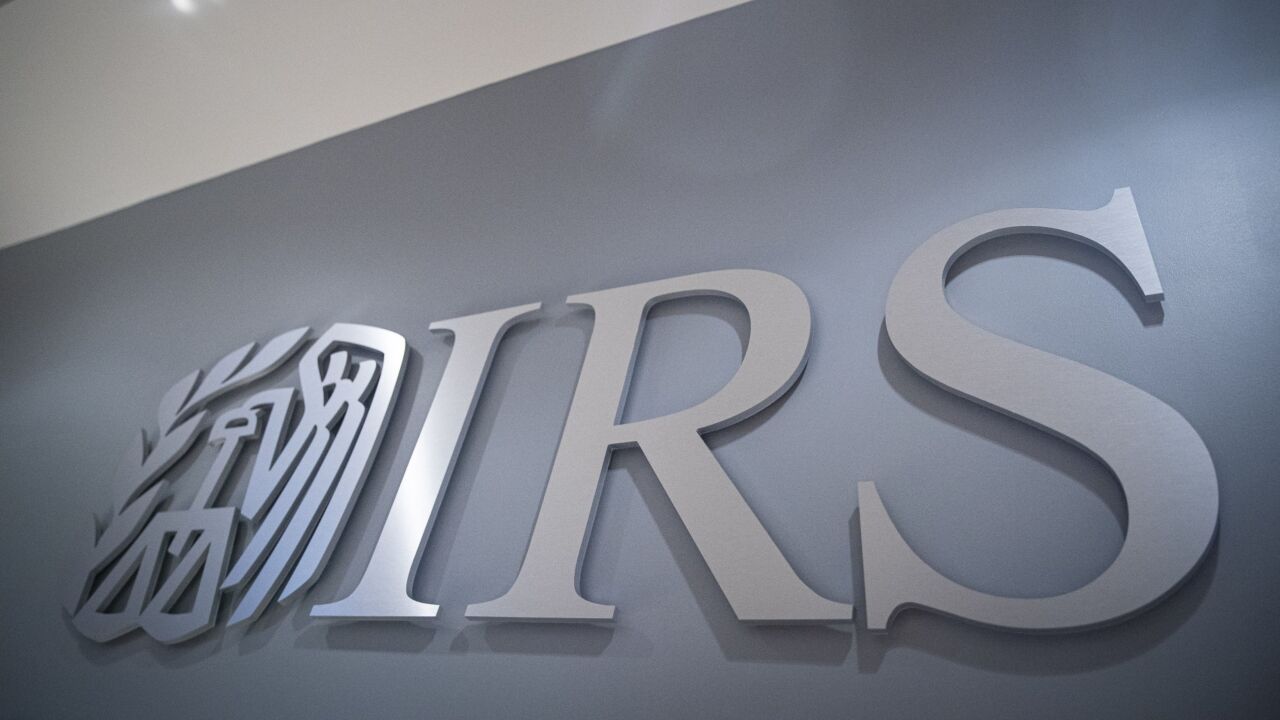The International Auditing and Assurance Standards Board has posted two new documents to help jurisdictions around the world adopt and implement its recent standard on sustainability assurance.
The
In response to requests from its constituents, the IAASB has prepared reference extracts containing only the material in ISSA 5000 relevant to limited assurance engagements and, separately, reasonable assurance engagements. The extracts aim to help regulators, standard setters and other stakeholders more easily identify the requirements and application material most relevant to their jurisdictional decisions while not actually amending or overriding ISSA 5000, which remains the full standard.
The IAASB has also published FAQs clarifying that, for jurisdictions adopting IAASB standards, ISAE 3000 (Revised) and ISAE 3410 will no longer apply to sustainability assurance engagements once ISSA 5000 becomes effective in December 2026. In addition, the IAASB has updated the adoption information on its website.
IPSASB amendments
Separately, the IAASB's sister standard-setter, the International Public Sector Accounting Standards Board, has issued
The IPSASB issued a
"These changes aim to improve how governments and public sector entities report the value of assets they use to deliver services," said IPSASB chair Ian Carruthers in a statement Thursday. "The pronouncement offers an integrated approach to valuation, guiding entities in measuring the current value of inventories and determining impairment in the public sector. These amendments give public sector financial statement users more relevant, faithfully representative measurement information through broader application of public sector specific measurement guidance."
The amendments include the introduction of current operational value in IPSAS 12, Inventories, and IPSAS 21, Impairment Non-Cash Generating Assets, the addition of a definition of accounting estimates to IPSAS 3, Accounting Policies, Changes in Accounting Estimates and Errors, and the enhancement of the terminology in current value measurement disclosures.






